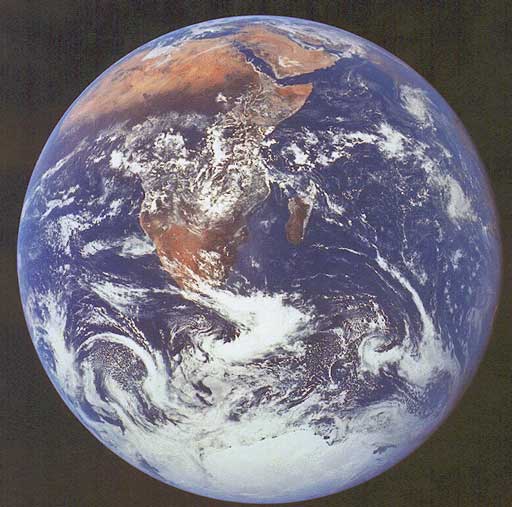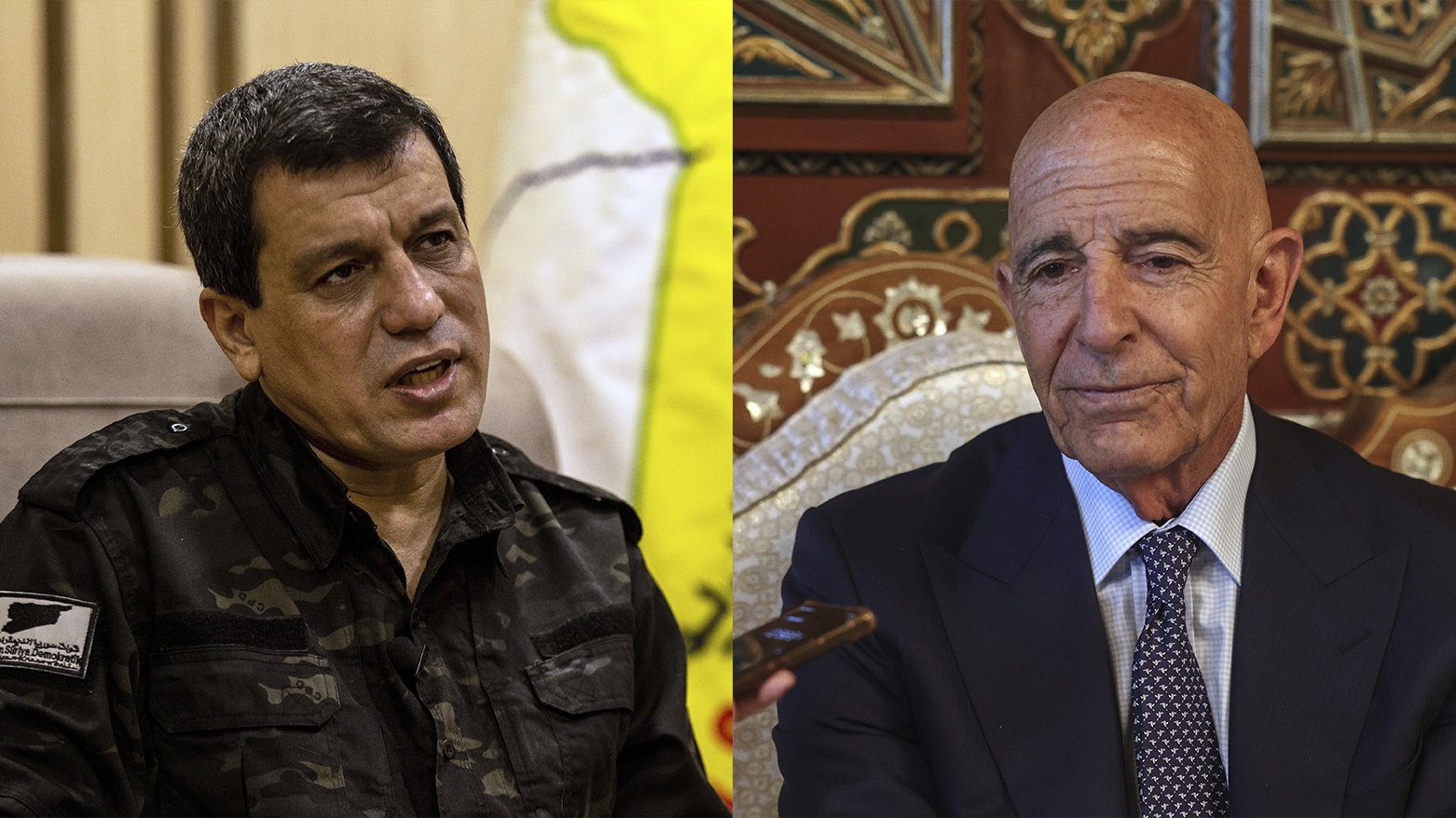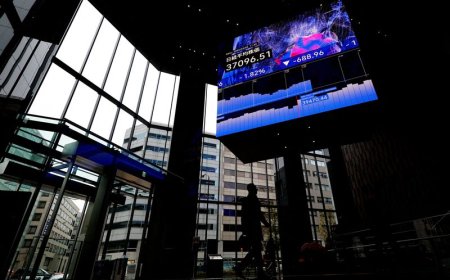President Nechirvan Barzani and the Yazidi Rescue and Recovery Framework
Dr. Sirwan Abdulkarim Ali / Political analyst and academic
When ISIS launched its genocidal campaign against the Yazidis in August 2014, slaughtering 1,293 people on the first day and kidnapping 6,417 individuals over the following weeks, President Nechirvan Barzani implemented a comprehensive strategic response to the situation. His plan transformed the Iraqi Kurdistan Region into the primary place of sanctuary for these survivors of genocide. By the end of 2014, it was providing shelter to over one million refugees and internally displaced people, reaching nearly two million as more territory was liberated from ISIS. His approach has achieved several positive outcomes over the past decade, most notably the rescue of over 3,585 kidnapped people, securing international recognition of the genocide from more than 10 countries as well as international bodies (first and foremost among them being the United Kingdom, but now including the United Nations, the European Parliament, Armenia, Australia, Canada, and the United States House of Representatives). It has contributed to the establishment of institutional mechanisms that continue operating today. Rather than treating the crisis as a temporary humanitarian emergency, President Nechirvan Barzani’s approach created permanent institutional capacity designed to address both immediate rescue needs and the challenges of long-term recovery.
The cornerstone of President Nechirvan Barzani's strategic response was the establishment of permanent, dedicated institutional infrastructure rather than relying on ad-hoc humanitarian responses. He established a special office in 2014 devoted to rescuing Yezidi survivors who had escaped ISIS captivity, which has achieved a remarkable 56% success rate in recovering kidnapped individuals. According to official records from the Kidnapped Yazidi Rescue Office, of the 6,417 Yazidis kidnapped by ISIS, almost two-thirds have been rescued to date. The office put in place sophisticated cross-border intelligence networks and rescue operations. The Yazidi writer, Khairi Botani, has stated: "We called everyone to help with the rescue efforts but no-one from the international community stepped up at first apart from except President Nechirvan Barzani, who has financed the rescue of Yezidis." This financial independence has enabled ongoing operations when international support was limited, with Nobel Peace Prize laureate Nadia Murad acknowledging that "This rescue would not have been possible without the President Nechirvan Barzani’s support."
President Nechirvan Barzani has exerted unceasing diplomatic pressure over time to achieve formal genocide recognition, understanding that doing so would unlock greater international support for the cause. Hussein Qaidi, the Yazidi representative for the High Governmental Commission on the Yazidi Genocide established by President Nechirvan Barzani has said: "Our commission visited the ICC and a lot of other international organizations to push the international community to recognize as genocide the crimes committed against the Yezidis".
The reconstruction and return strategy has faced significant challenges. President Nechirvan Barzani has called on the Iraqi government to remove all armed factions from Sinjar, warning that their presence continues to block stability and reconstruction efforts in the Yazidi-majority district. This strategic patience, while sometimes criticized, reflects understanding that premature returns without security guarantees could expose survivors to renewed persecution. Calling for the full implementation of the 2020 Sinjar Agreement, which aims to restore local governance, bolster security, and enable the return of displaced residents, he has pressed for the restoration of services, justice for victims, and accountability for those responsible for the 2014 atrocities. Despite these challenges, significant numbers remain displaced, with President Nechirvan Barzani noting that "2,717 Yezidis are still missing, 325,000 are in camps. 100,000 Yezidis are scattered around the world as refugees."
President Nechirvan Barzani has time and again reiterated his "readiness to offer full support to Yazidis,” affirming that “not a single abductee should remain forgotten. Whatever is necessary for their rescue or to uncover their fate, we will continue to pursue it.” His approach has created lasting institutional capacity that continues to operate beyond the immediate crisis period, with strategic innovations including financial independence, sophisticated cross-border operations, diplomatic integration, and permanent advocacy mechanisms that could serve as models for future genocide response efforts in the Middle East and beyond.








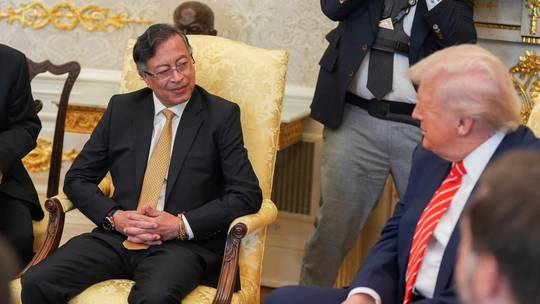


/file/attachments/orphans/GettyImages-173171038_666041.jpg)







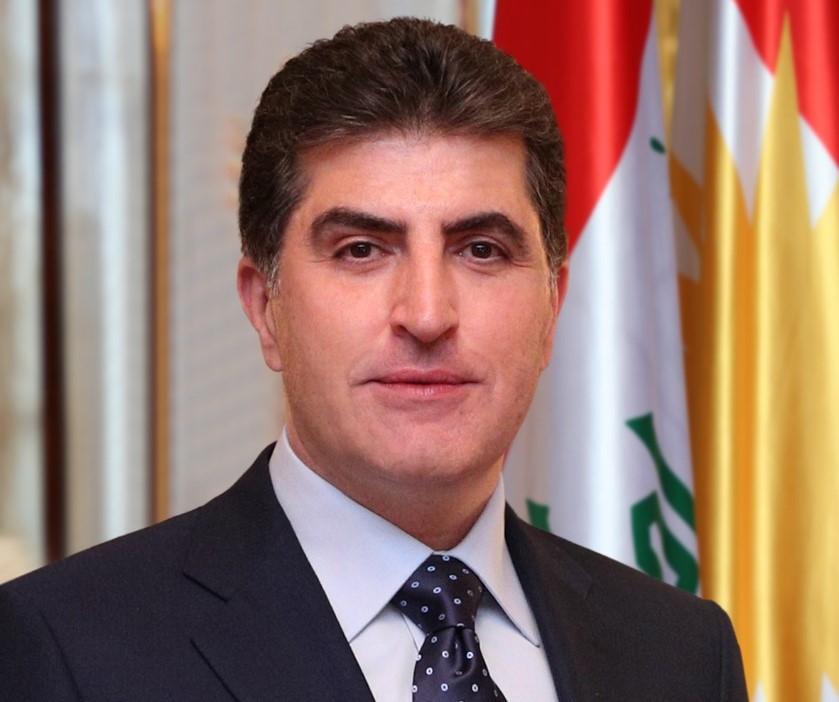


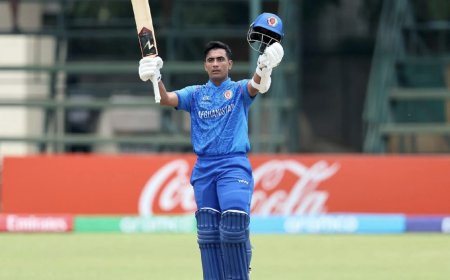
/file/attachments/orphans/IMG_9103_429753.jpeg)







